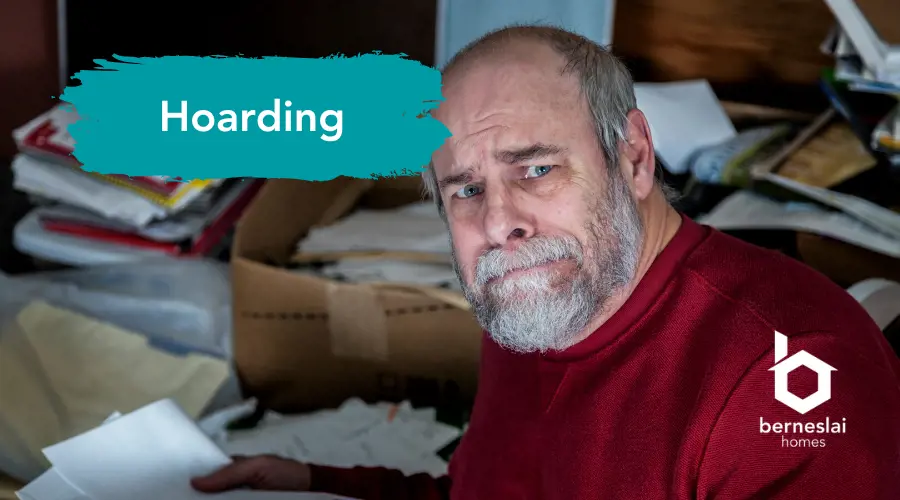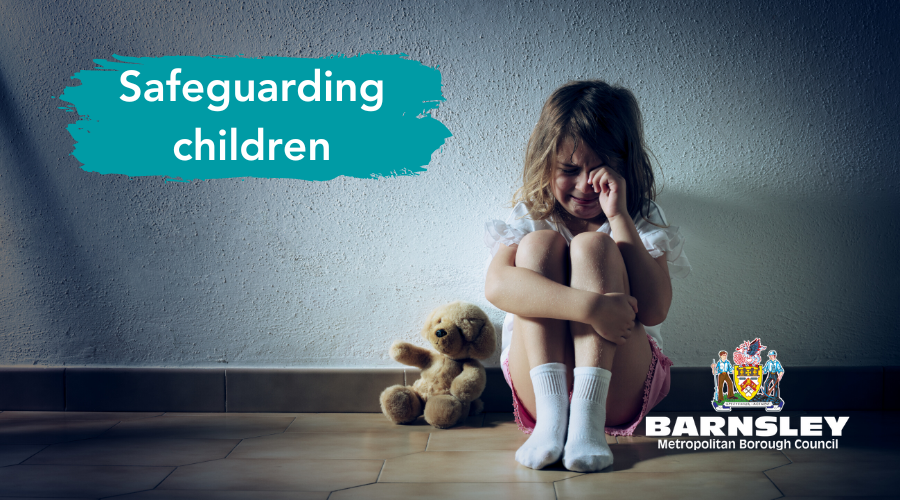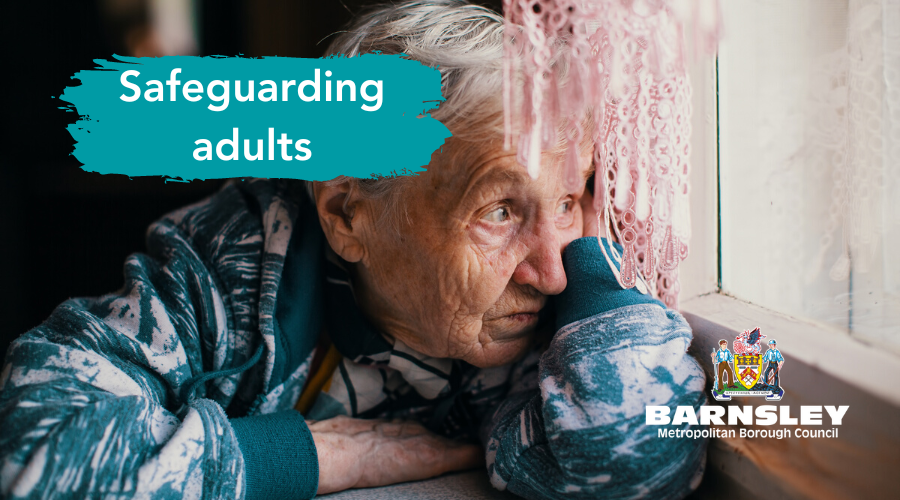Get help with hoarding
Hoarding disorder is where someone acquires an excessive number of items and stores them in a chaotic manner, usually resulting in unmanageable amounts of clutter. The items can be of little or no monetary value.
Signs of hoarding can include:
- keeping or collecting items that may have little or no monetary value, such as junk mail and carrier bags, or items they intend to reuse or repair
- finding it hard to categorise or organise items
- having difficulties making decisions
- struggling to manage everyday tasks, such as cooking, cleaning, and paying bills
- becoming extremely attached to items, refusing to let anyone touch or borrow them
- having poor relationships with family or friends
- a lack of personal or professional visitors to the home
- refusal to open the door fully to callers or to accept deliveries
- visible clutter in the home
- window blinds or curtains continually drawn
- a build-up of waste or other items in the garden or failing to take their bins out for collection
- very regular deliveries to the home

A diagnosis of hoarding disorder can only be made by a specialist medical practitioner but the International OCD Foundation's document below might help you to identify whether you or someone you know might have a problem with hoarding.
Reducing the fire risks created by hoarding
Hoarding can significantly increase the chances of having a fire which can lead to serious injuries and damage to property.
If you, or someone you know is struggling with hoarding, there are steps you can take to reduce the risk of fire in your home:
- Make sure you have working smoke alarms and test them regularly
- If you smoke, do it outside and never in bed – use proper ashtrays
- Don’t place flammable items, such as clothes or newspapers, on or near heaters, lamps, or other electrical equipment
- Keep your cooking area clean and free from clutter – especially your hob
- Keep your escape routes free and plan how you’d get out in the event of a fire
- Be extra careful with candles or use LED tealights instead
- Should you have a fire, get out immediately and call 999
South Yorkshire Fire and Rescue offer home safety visits to people who are considered to be at particular risk of fire.
Support for tenants who are hoarding
If you’re a Berneslai Homes tenant we can provide support and offer a range of specialist, tailored ways to help you successfully maintain your tenancy and enjoy where you live.
You can contact your Neighbourhood Officer direct or contact our Tenants First team for support.
Barnsley Council also provide help to you or anyone you know who is hoarding or has a build up of rubbish or household waste at their property.
If you’re worried about someone else, you can report an issue anonymously or provide details so we can put the right support in place.
D'Clutter Club hoarding support group in Barnsley
If you’re struggling with too much stuff, finding it hard to cope, or hoarding is affecting your life then come along to the D’Clutter Club - a hoarding support group run by Barnsley Safeguarding Adults Board.
The group is free to attend and open to friends, family, and supporters and there’s no need to book. All meetings are held at Library @ The Lightbox, The Glass Works, Barnsley Town Centre, Barnsley, S70 1GW from 6 until 8pm each month on Tuesday:
- 30 January 2024
- 27 February 2024
- 26 March 2024
- 30 April 2024
- 28 May 2024
- 25 June 2024
- 30 July 2024
- 27 August 2024
- 24 September 2024
- 29 October 2024
- 26 November 2024
If you’d like to suggest a topic for discussion, please call 07786525988.
Additional support for hoarders and their families
HoardingUK provides a support service to people, or people close to, and professionals impacted by hoarding behaviour.
Hoarding Support provides information, support and advice for people who hoard and their loved ones.

